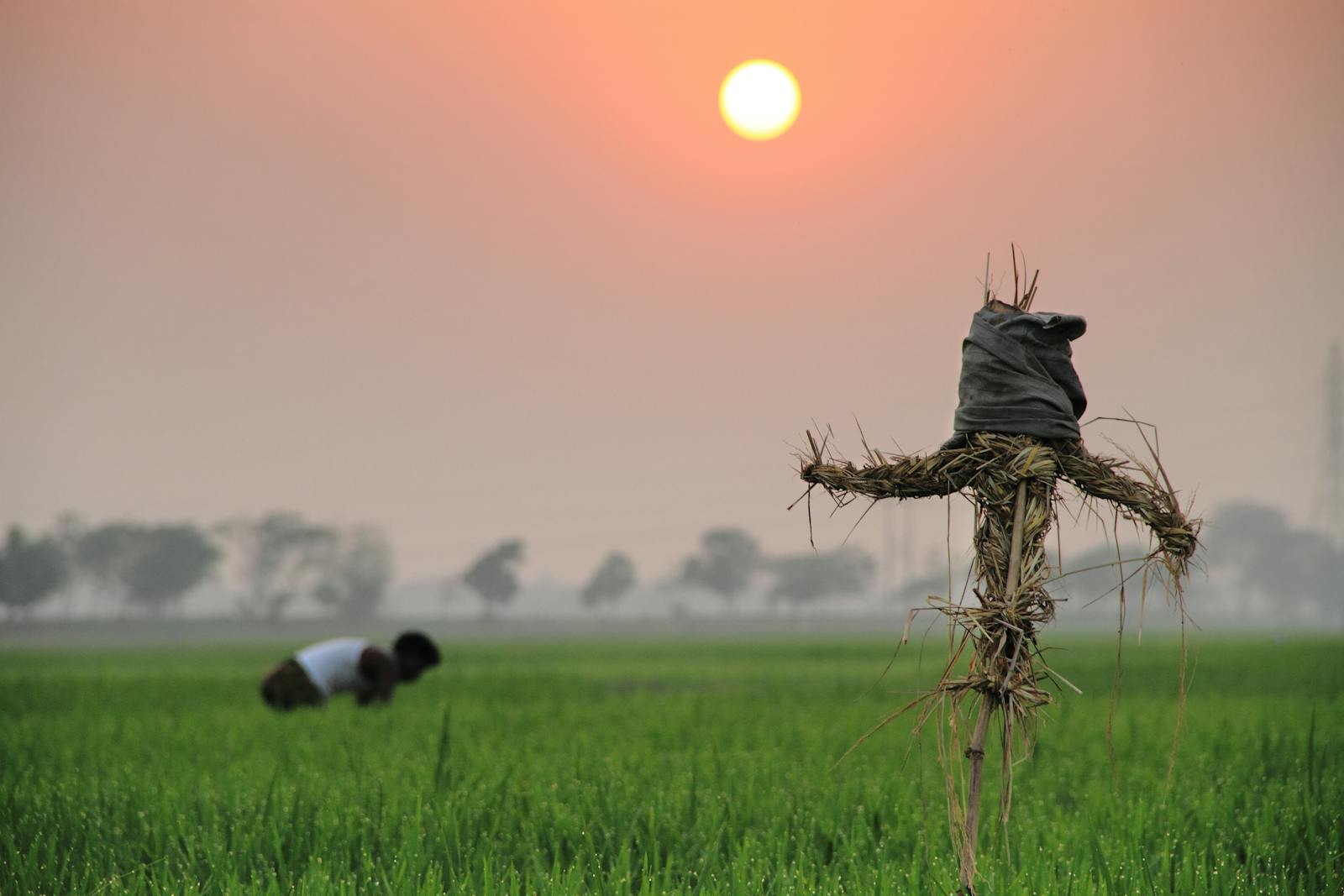A significant workshop marked the presentation of the final report of the Urban Climate Resilient Infrastructure Project (UCRIP) under the Local Government Engineering Department (LGED). The project, which falls under Climate Change Adapted Urban Development (CCAUD), is set to be implemented from 2023 to 2028 with the support of the German Government through the German Development Bank (KFW). Its primary goal is to enhance the quality of life for the urban population in Bangladesh by developing climate-resilient infrastructure, particularly focused on improving drainage management in three municipalities. The workshop, held at LGED conference hall, aimed to discuss the feasibility study report and involve local stakeholders in the planning process.
Under the Climate Change Adapted Urban Development (CCAUD) initiative, LGED plans to execute the Urban Climate Resilient Infrastructure Project (UCRIP) in Bangladesh. This project receives support from the German Government through the German Development Bank (KFW). The focus of UCRIP is to enhance the urban population's quality of life by implementing climate-adaptive infrastructure. By developing resilient urban infrastructure, the municipalities involved will gain the necessary capacity to combat the impacts of climate change effectively. The first phase of UCRIP will concentrate on improving drainage management in three municipalities: Gaibandha Sadar, Islampur, and Sirajganj.
The workshop commenced with an inauguration ceremony led by Sheikh Mohammad Mohsin, the chief engineer of LGED. During the inauguration, Sheikh Mohammad Mohsin emphasized the significance of the feasibility study report for the project. He highlighted the urgency of addressing the adverse effects of climate change and the measures LGED is taking to incorporate climate change information into projects. The primary objective of UCRIP is to implement climate-adaptive measures in urban areas while engaging local communities actively.
Urban Climate Resilient Infrastructure Project (UCRIP) Focal Point and Project Director, Mohammad Nazmul Hasan Chowdhury, delivered the welcome speech during the workshop. His speech underlined the importance of UCRIP in building climate resilience in Bangladesh's urban areas. The project aims to create sustainable solutions and address the challenges posed by climate change through innovative infrastructure development.
The workshop saw active participation from various key stakeholders, including LGED Additional Chief Engineer Md Ali Akhtar Hossain, and officials such as Md. Noor Hossain Howladar, Md. Nurul Huda, Md. Kamrul Ahsan, Gopal Krishna Debnath, Sheikh Muzakka Jaher, and Prakash Chandra Biswas. Moreover, the mayors of the three municipalities, namely Sirajganj, Gaibandha, and Islampur, were present, demonstrating their commitment to enhancing climate resilience in their respective regions. Additionally, representatives from KFW, including Portfolio Coordinator Manik Saha, and consultants from various levels were actively engaged in the workshop.
The Urban Climate Resilient Infrastructure Project (UCRIP) represents a crucial step in Bangladesh's journey towards climate resilience in its urban areas. With support from the German Government through the German Development Bank (KFW), LGED is actively working to enhance the quality of life for urban dwellers by implementing climate-adaptive infrastructure. Through the collective efforts of local governments, stakeholders, and communities, UCRIP aims to create sustainable solutions that combat the impacts of climate change effectively. By developing climate-resilient infrastructure and actively involving locals in the planning process, Bangladesh moves towards a greener, more resilient future. The workshop serves as a platform for exchange of ideas and collaboration, emphasizing the collective responsibility to address the challenges posed by climate change in urban settings.

